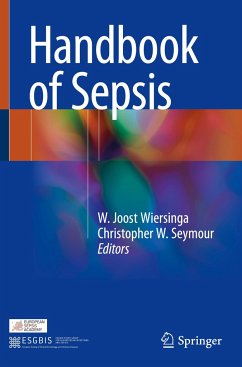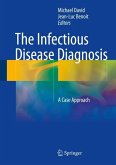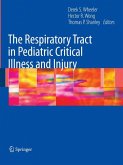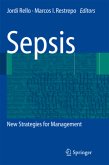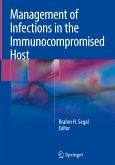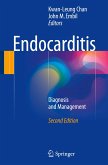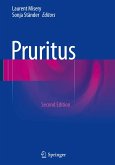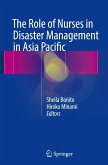This practically oriented book provides an up-to-date overview of all significant aspects of the pathogenesis of sepsis and its management, including within the intensive care unit. Readers will find information on the involvement of the coagulation and endocrine systems during sepsis and on the use of biomarkers to diagnose sepsis and allow early intervention. International clinical practice guidelines for the management of sepsis are presented, and individual chapters focus on aspects such as fluid resuscitation, vasopressor therapy, response to multiorgan failure, antimicrobial therapy, and adjunctive immunotherapy. The closing section looks forward to the coming decade, discussing novel trial designs, sepsis in low- and middle-income countries, and emerging management approaches. The book is internatio
nal in scope, with contributions from leading experts worldwide. It will be of value to residents and professionals/practitioners in the fields of infectious diseasesandinternal medicine, as well as to GPs and medical students.
nal in scope, with contributions from leading experts worldwide. It will be of value to residents and professionals/practitioners in the fields of infectious diseasesandinternal medicine, as well as to GPs and medical students.
"The purpose is to help both clinicians and laboratory scientists better understand the pathogenesis of sepsis and its management. This is a worthy goal and this book meets its objective of clearly explaining this complex topic. ... This is a high-quality resource that does an excellent job of simplifying a complex topic. It is a valuable resource for professionals/practitioners and anyone who desires to study sepsis in depth." (John M Horne, Doody's Book Reviews, March, 2019)
"This book provides the reader with the context on which sepsis care has been built, a review of current management, as well as a discussion of future trends. It would be a welcomed addition to a bookshelf of any trainee, health professional, or basic/clinical researcher who seek to immerse themselves into this complex and well-studied disease entity. It is concise and lends itself as an excellent, yet intimate, introduction into this vast topic area." (Vatsal Trivedi and Manoj M. Lalu, Anesthesia & Analgesia, Vol. 128 (2), February, 2019)
"Encompassing 16 chapters and 267 pages, the Handbook of Sepsis provides an up-to-date overview of the enigmatic clinical syndrome of sepsis. ... Asides from the text itself, clearly labelled colour diagrams and figures aid the process of learning, and well-defined tables are also interspersed throughout the book which can be referred to independently, without interrupting the flow of the main script." (Ned Gilbert-Kawai, British Journal of Hospital Medicine, Vol. 79 (7), July, 2018)
"This book provides the reader with the context on which sepsis care has been built, a review of current management, as well as a discussion of future trends. It would be a welcomed addition to a bookshelf of any trainee, health professional, or basic/clinical researcher who seek to immerse themselves into this complex and well-studied disease entity. It is concise and lends itself as an excellent, yet intimate, introduction into this vast topic area." (Vatsal Trivedi and Manoj M. Lalu, Anesthesia & Analgesia, Vol. 128 (2), February, 2019)
"Encompassing 16 chapters and 267 pages, the Handbook of Sepsis provides an up-to-date overview of the enigmatic clinical syndrome of sepsis. ... Asides from the text itself, clearly labelled colour diagrams and figures aid the process of learning, and well-defined tables are also interspersed throughout the book which can be referred to independently, without interrupting the flow of the main script." (Ned Gilbert-Kawai, British Journal of Hospital Medicine, Vol. 79 (7), July, 2018)
